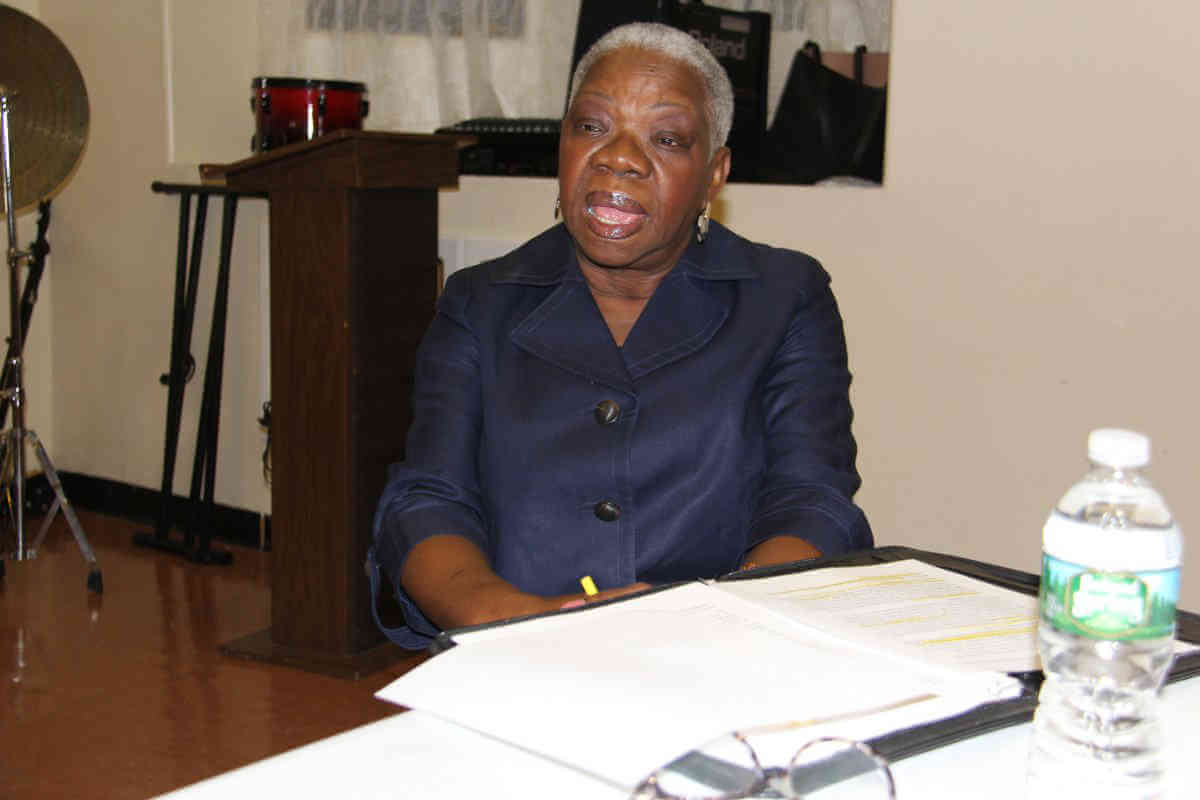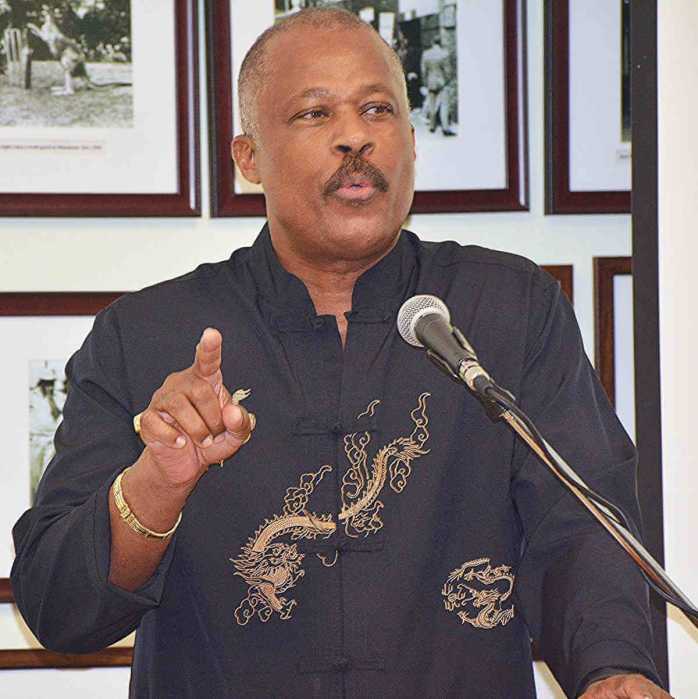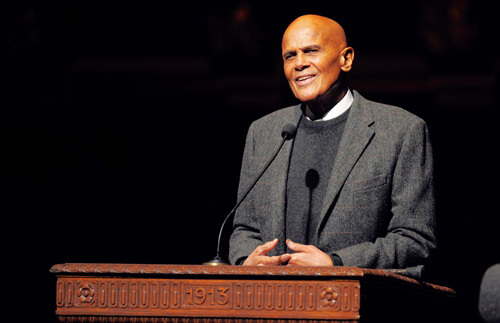Two members of the Black clergy and a retired US Army Reserve Colonel in Brooklyn on Feb. 22 explored “The Currency of Freedom,” as the Brooklyn-based St. Vincent and the Grenadines Ex-Teachers Association of New York held its annual Black History Month panel discussion at Trinity Methodist Church in Brooklyn.
The panelists included Apostle Dr. Peter Bonadie, the Vincentian-born pastor of Kingdom Life Ministries in the Crown Heights section of Brooklyn; the Rev. Lenny Duncan, pastor of Jehu’s Table on Linden Boulevard in East New York; and Vincentian-born retired Colonel and Registered Nurse Celia Bramble, a former nursing educator at Kings County Hospital.
The discussion at the house of worship on Eastern Parkway was moderated by Dr. Herman Ambris, a Vincentian-born physician and trustee of the St. Vincent and the Grenadines Ex-Teachers Association of New York, who suggested the topic, “The Currency of Freedom.”
“As we celebrate Black History Month, ‘The Currency of Freedom’ is very relevant,” said Dr. Bonadie in his presentation, pointing to the “unalienable rights” of all, as enshrined in the US Constitution.
“All freedom comes from God,” he added. “Freedom is the right to act without restraint. Currency is the medium of exchange.”
Apostle Bonadie said freedom is exhibited in a “multiplicity of ways,” stating, for example, that there’s religious freedom.
But, while, he said, there are “pertinent extracts” from “The Currency of Freedom,” sometimes, people are enslaved.
“Slavery was a law, but it does not mean it was legally right,” he said, adding that “the most powerful form of slavery is mental slavery.”
Dr. Bonadie said that, while he’s a firm believer in using non-violence to attain one’s freedom, he also believes that, “if you’re destroying a people within your midst, people must form ways to respond.
“The courage to confront your captor is very important,” he stressed. “We must have the courage. Courage is the currency to confront for liberty.”
Quoting from Ralph Waldo Emerson, a 19th-century American essayist, lecturer, philosopher, and poet, Apostle Bonadie said: “No man is free until all men are free every where.”

For Rev. Duncan, “Black History Month is not for us, but for white folks,” he said, stating that “The Currency of Freedom” in America is “always Black boxes (coffins).”
“I’ve never seen a community that (in which) we’re given freedom equally,” he said, declaring that “Blacks were not in America’s founding documents.”
Rev. Duncan said that the current political climate in America, with leanings towards nationalism, is “a lean towards racism.”
“It’s a very scary time in America,” he posited. “The cost of freedom is for standing up and saying something.
“Protections are not in place for us,” he asserted. “There are mothers who will not be re-united with their children.”
He was, clearly, alluding to the Trump administration’s “Zero Tolerance” policy of separating children from their parents at the southern border with Mexico.
Rev. Duncan — a former convict and erstwhile alcoholic, who claims that he has been sober for over a decade — said repentance, reparation and reconciliation are three pertinent pre-requisites for Black’s freedom.
“I’m scared every time someone shows a video of one of us being gunned down,” he said, adding that Black lives are constantly devalued.
In spite of this, he lamented that “many of our churches refuse to take the ‘Halls of Justice.’ ”
“God is the God of the oppressed,” Rev. Duncan said. “God intervenes in human affairs to liberate people.
“The cost of freedom right now is very high in America,” Rev. Duncan added. “These are abnormal times, with abnormal leaders. But we have to keep our eyes on the ball. Nothing is more important than our freedom.”

In contrast to Apostle Bonadie and Rev. Duncan’s views, Bramble shared two different perspectives as a retired US Army Reserve officer and nursing administrator.
“One has a very high cost for freedom, the other, a low cost,” she said.
She said freedom means many things to many people, adding, however, that freedom comes with a cost — “whether it is personal, political or national.”
At the same time, Bramble said the cost of freedom cannot always be measured in dollars, “not even millions or billions of dollars.”
She said the desire for freedom is one of the strongest desires of the human soul.
“Great men and even not so great men, over the centuries and all over the world, have given their very lives and fortunes for this desire,” said Bramble, pointing out that freedom was, among others, the desire of Hebrew slaves in Egypt; the Babylonian captives; the Pilgrims in early America; America’s founding fathers; the Rev. Dr. Martin Luther King, Jr.; Mahatma Gandhi; Nelson Mandela; and Black slaves in American History.
“The lives of people who fought to give us freedom and to keep us free, those lives do constitute a high cost.,” she said.
On the other hand, Bramble said “workplace freedom “has a low cost but a high return on investment (ROI).”
She said the ROI for workforce freedom is high, “because productivity and profitability improve in a workplace that has more freedom.”
Bramble recommended four measures in promoting freedom in the workplace: “Accept that other ways exist to get the job done; educate employees on the new ways of doing things and give them the skills they need to operate in such an environment; give them the information they need to do the best job they can; (and) stop micromanaging.”


























